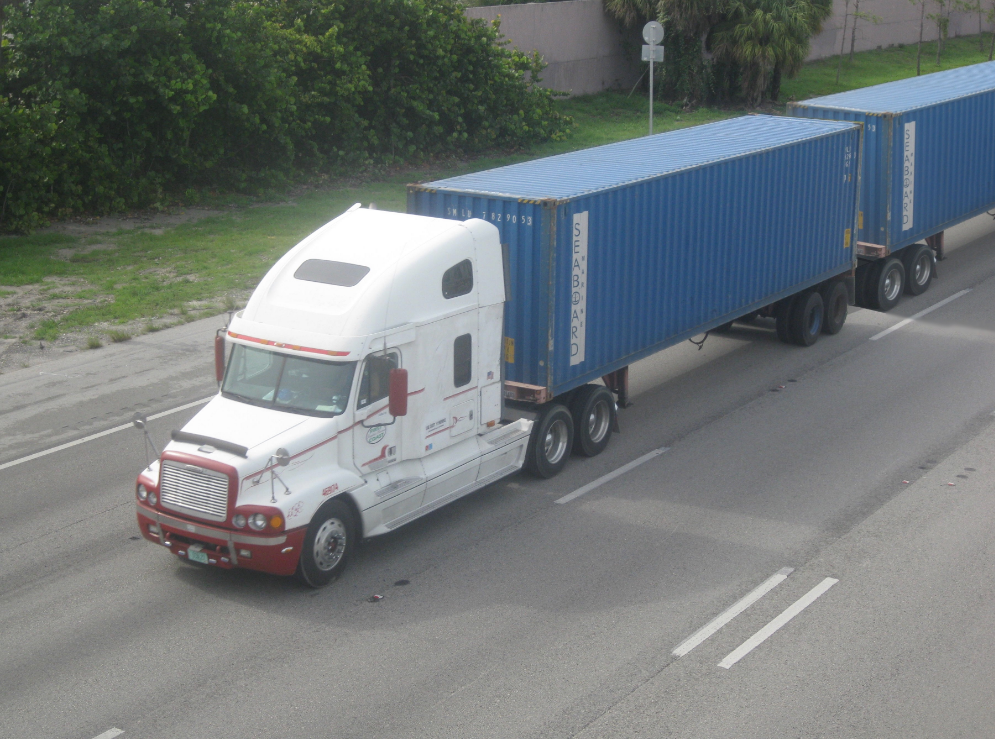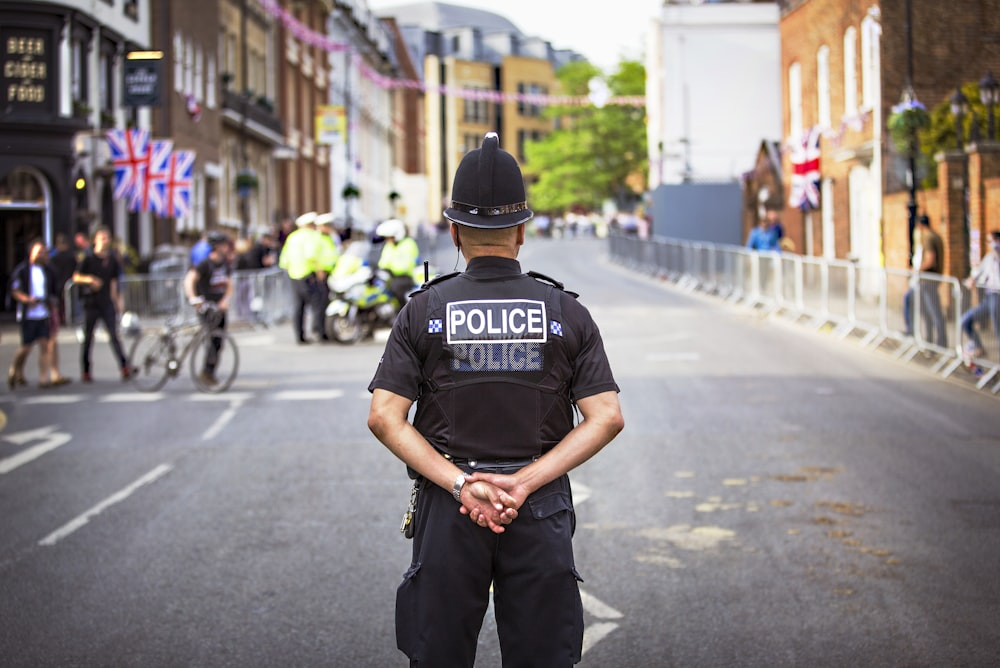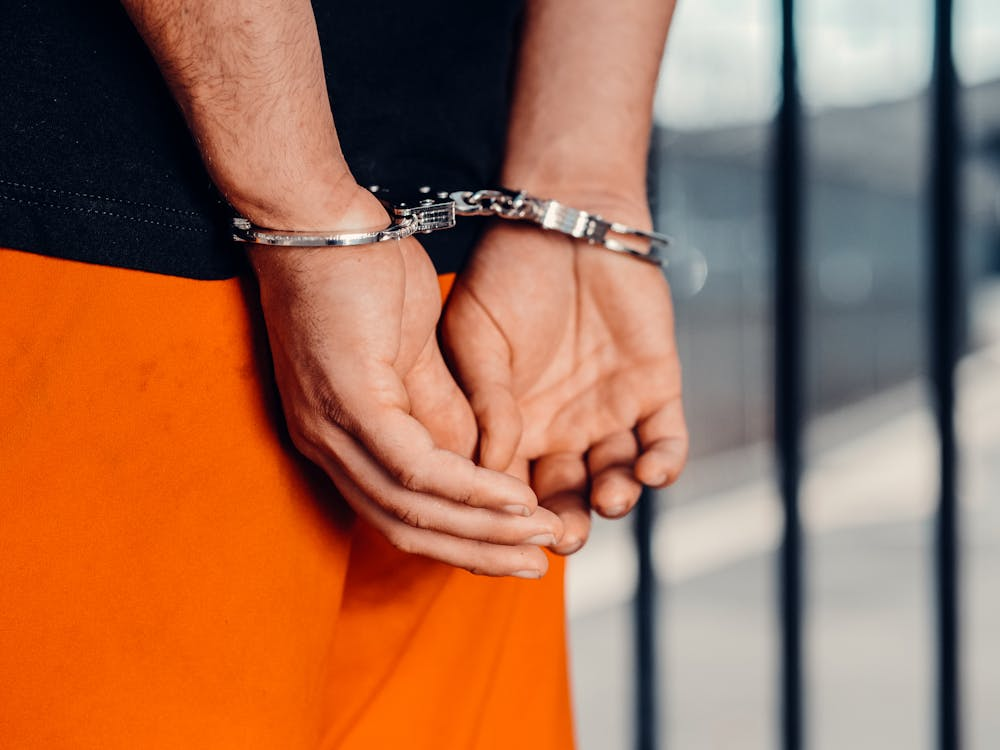Starting on July 10, 2024, a new permit system under Operation Brock will be implemented on the M20 motorway to manage freight traffic heading to the Port of Dover. This initiative aims to alleviate congestion, prevent chaos in local towns, and ensure smoother operations at one of the UK’s busiest ports, especially during peak travel times such as the summer holidays and the upcoming Paris Olympics.
What is Operation Brock?
Operation Brock is a traffic management system designed to keep Kent’s roads open and minimize disruptions when there are delays at the Port of Dover or Eurotunnel. It involves a contraflow system on the M20 motorway, which allows for the continuous flow of freight traffic while accommodating other road users.
The New Permit System
From July 10, lorries traveling from Dover to Europe will need to obtain a permit to enter the Port of Dover. The primary goal behind the permit system is to ensure that all freight vehicles follow designated routes to prevent congestion and unauthorized diversions through local roads.
Key Components of the Permit System
- Permit Issuance and Verification
- All permits will go to drivers in queue at the Operation Block. To receive a permit, drivers must have followed the designated route on the M20.
- Permit checks will occur at the Courtwood Interchange, where compliance with the prescribed route will be verified. Non-compliant drivers will be turned back to rejoin the queue.
- Enforcement and Penalties
- The Kent Police and Driver Vehicle Standards Agency (DVSA) will enforce the permit system. Drivers without a permit will face a £300 fine and will be redirected to the back of the queue. This measure is intended to deter unauthorized route diversions and ensure compliance.
- Local Hauliers and Traffic
- Local haulers who qualify for a dedicated Permit will receive it automatically, allowing them to bypass the permit checks. Local deliveries and vehicles not accessing the port will not require permits and will not be impeded by the new system.
- M20 Closures and Contraflow System
- Once the M20 is closed, diversion routes will be in place to guide traffic during the closure. When the M20 reopens, the contraflow system will be active, and all freight traffic must adhere to the designated routes.
Implications for Freight and Local Communities
For Freight Operators
The introduction of the permit system means stricter adherence to prescribed routes, which aims to streamline the flow of traffic and reduce delays at the port. Freight operators will need to ensure they have the necessary permits for each journey to avoid fines and operational disruptions. This system also emphasizes the importance of route compliance, as deviations will result in significant penalties and delays.
For Local Communities
Local residents in towns like Dover and Folkestone have experienced significant disruptions from “rat-running” freight vehicles taking unauthorized routes. The new system aims to prevent such chaos by enforcing strict route adherence, thus reducing traffic in residential areas and preventing gridlock. This is especially crucial during high-traffic periods such as the summer holidays and major events like the Paris Olympics.
Conclusion
The new permit system under Operation Brock represents a significant step towards managing freight traffic more effectively and ensuring smoother operations at the Port of Dover. By enforcing designated routes and implementing strict penalties for non-compliance, the initiative aims to reduce congestion, prevent chaos in local towns, and streamline the flow of freight. As these measures take effect, both freight operators and local communities stand to benefit from improved traffic management and reduced disruptions.
This initiative underscores the importance of strategic traffic management in supporting the UK’s logistics and transport infrastructure, ensuring that one of its key ports operates efficiently even during peak times. As these measures unfold, continuous monitoring and adjustments will be essential to address any emerging challenges and optimize the system’s effectiveness.











